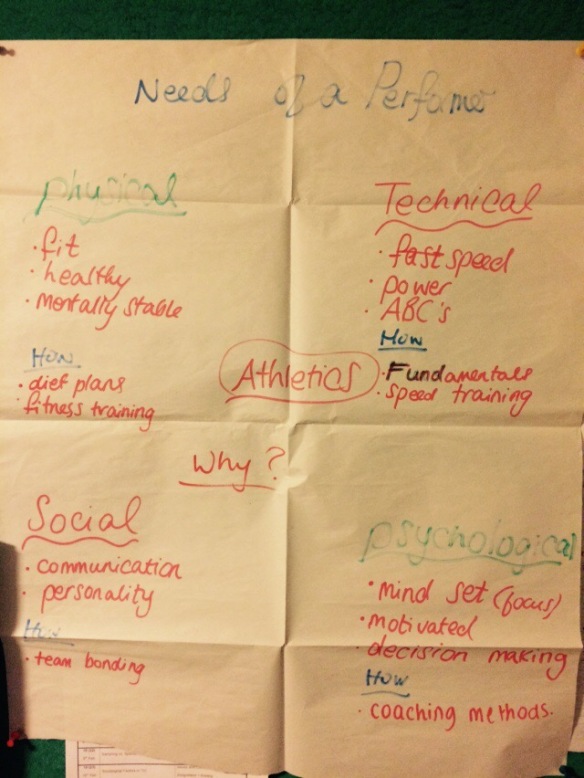LJMU 1st Vs UCLan 1st
This video, if you skip through the 4 quarters show how bias a home team can be, even if they don’t want to be. This is clearly demonstrated throughout this game with Liverpool John Moores at home to UCLan 1st team. We can clearly see who has better skill (not being bias myself because it is our home team) but because you can see that skill. Whereas John Moores just throw the ball in to Eleanor Cardwell pretty much every time. Great skill? Maybe, just not great to watch as a supporter.
Anywho, back onto the subject matter of coaching through bias umpiring. Some would say athletes only believe that the home team are bias because of that home team advantage (fans and background). Most of the time, home teams do get their umpires, referees and/or officials themselves, either from being previous students or a love of the club or game. In university cases, once you have your officials, they automatically become bias because of contributing factors such as fans, or the love for the university. As a coach it is your job to keep your team stable and confident when going to away games and during those away games to enable your team to get the best potential out of these situations.
Never go to a game thinking that the home team advantage is going to occur, because not all university officials are bias, only the majority. This could play great for yourself if you go into a game believing in your own team and their abilities, again the coach would play a vital role with this by initially talking and encouraging your team to stick to their own game plan and go ahead and get a fanatic away win.
“The atmosphere created by the home team fans is thought to be the major contributing factor, but the extent of this influence is dependent on the referee” (Poolton, Siu & Masters. 2011)
This statement in itself could explain many situations of home team advantage or bias, some officials will be able to cope with home fans and not change their mind, but others unfortunately are greatly affected by this and do start to become maybe even a little bias, if not sometimes a lot.
The best way to deal with this as a coach? Play your own game, play through the bias. As they say “Smile and wave” use this as part of your game (even the coach can do this), if your players do seem to be getting pulled up a lot by an official, allow your players to let them know that they’re sorry and give them ideas as what they can try to do different next time. If you notice that a particular player is being pulled a lot for something they may or may not be doing, either get them to call time and take them off for a while or give them more ideas on how to change the game to how they want to play it.
 LJMU 1st Vs Durham 1st
LJMU 1st Vs Durham 1st
As you can see through this picture, the GK is clearly contacting the GS, right? Well in this case, obviously because of home team bias, the GS gets called up for a contact upon the GK. In my eyes, terrible decisions but what can you do? Easy, same as above, you carry on coaching like the professional coach you are and you ignore the home team bias advantages, encourage your team to play their own game and hopefully win!
Yes, I know! Easier said than done, but to keep your team calm and collected that’s what you have to do as a coach yourself. If your coach gets annoyed and starts shouting etc, what do you think your players are going to do? Exactly, follow their coach and shout and get annoyed too.




